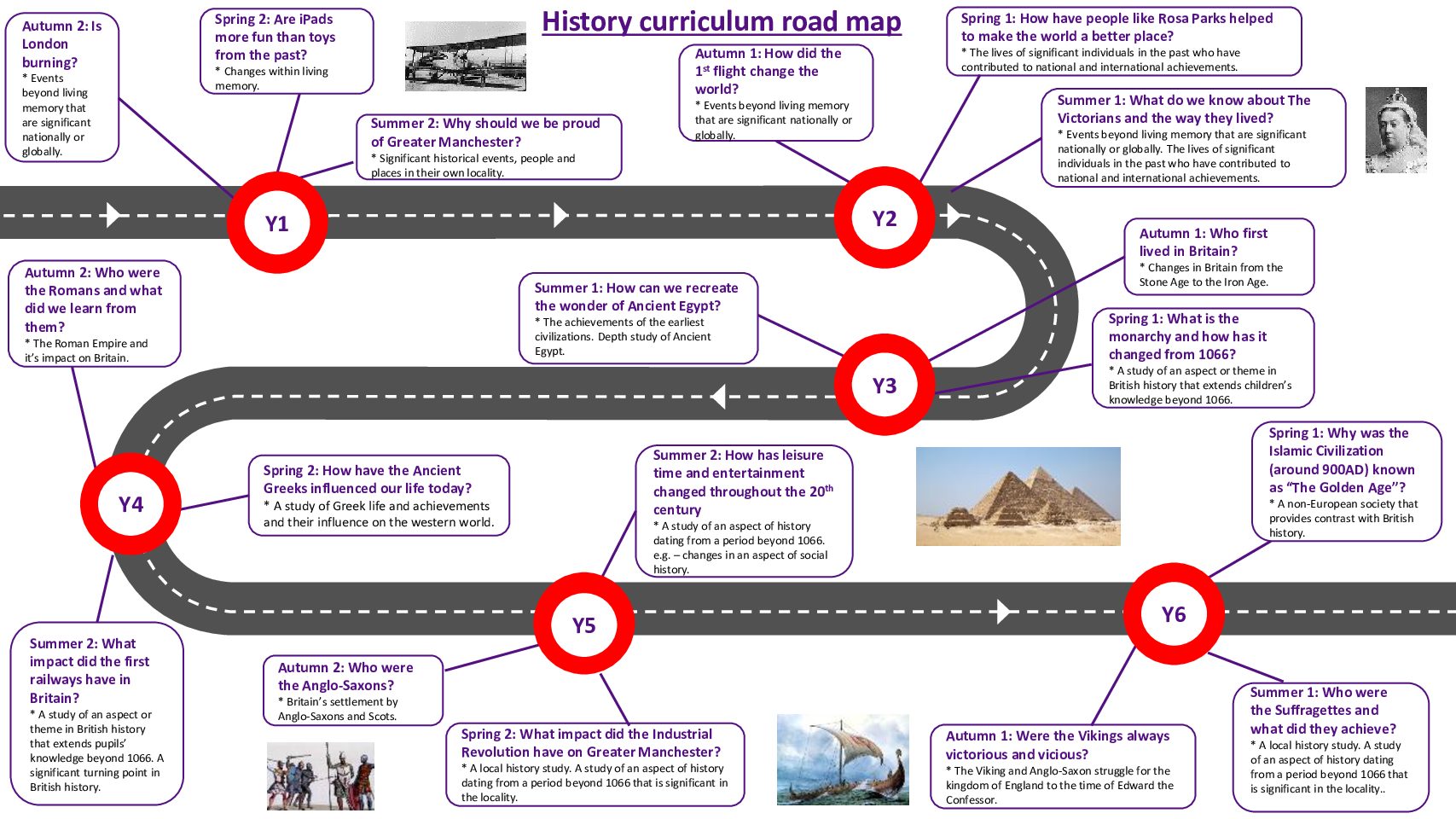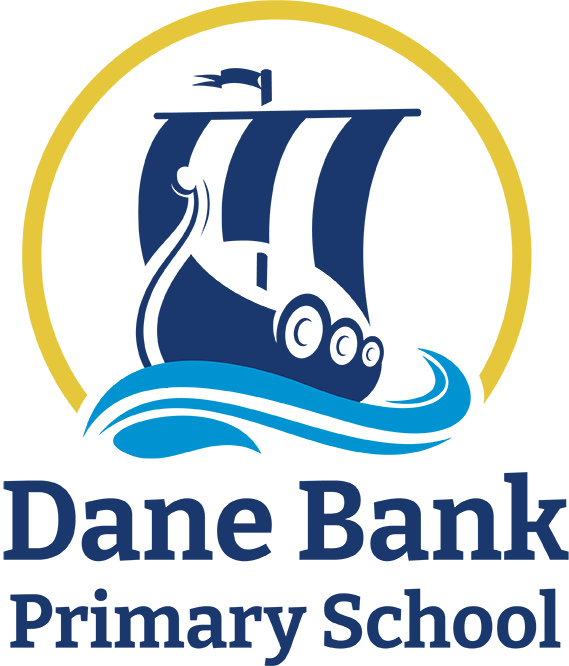History
History Curriculum
History is one of our ‘lead’ curriculum subjects (along with Geography). Each term, children are taught a History unit which lasts approximately 6 weeks. Cross-curricular links are made when appropriate, for example – through opportunities for writing, Art and Design and Technology.
The History units are always based around a Learning Challenge Question. The overarching question is then broken down in to a series of supplementary questions which lead investigation in each lesson.
Children are introduced to a selection of vocabulary which forms one of the key areas of learning during the units. A strong focus is placed on speaking and listening activities in order to encourage children to develop their use of these subject-specific terms.
The History curriculum has been planned carefully based on key knowledge that children will learn during each unit. The curriculum map allows for progression as the units build on prior knowledge and aim to extend learning by acknowledging what children already know. Careful consideration is given to the school’s context and local area and the curriculum has been designed to link to this as far as possible. For example, History units linking to the Industrial Revolution in Greater Manchester and the work of the Manchester-based Suffragette movement. This should give children a sense of purpose with their learning and make the History and Geography curriculum relevant and relatable.

Historical Enquiry
Throughout each unit, there is emphasis placed on enquiry. Using the questions as a stimulus, children are actively encouraged to investigate, research and find things out for themselves. We discuss this with the children using the language of, ‘becoming historical detectives’.
The process of enquiry follows this structure:
1.) Look at evidence
2.) Ask and answer questions
3.) Give your own idea – using this language: “maybe, perhaps, I think, possibly, I’d like to know, I wonder if, could, I’m beginning to think, I’m certain, my idea is, I’m not sure if…”
4.) Look at more evidence
5.) Develop fuller answers
Children then consider their ideas and opinions using the following scale:

History in the Early Years
In the Early Years, History is introduced and taught with a focus on fostering children’s curiosity about the past and helping them develop a sense of time and change. The statutory framework emphasizes interactive and hands-on learning experiences, encouraging young learners to explore their own family histories, local communities, and significant events.
In Nursery, storytelling, age-appropriate historical narratives, and role-playing activities are key tools to engage children’s imaginations and build their understanding of historical concepts.
Through play and exploration, children are encouraged to ask questions, make connections between the past and present, and develop an early appreciation for the richness of human history. The Early Years Statutory Framework recognizes the importance of nurturing historical thinking skills from a young age, setting the foundation for a lifelong interest in History and a deeper understanding of the world around them.
To see how History is woven through our Early Years curriculum, please click here for Nursery and click here for Reception.






